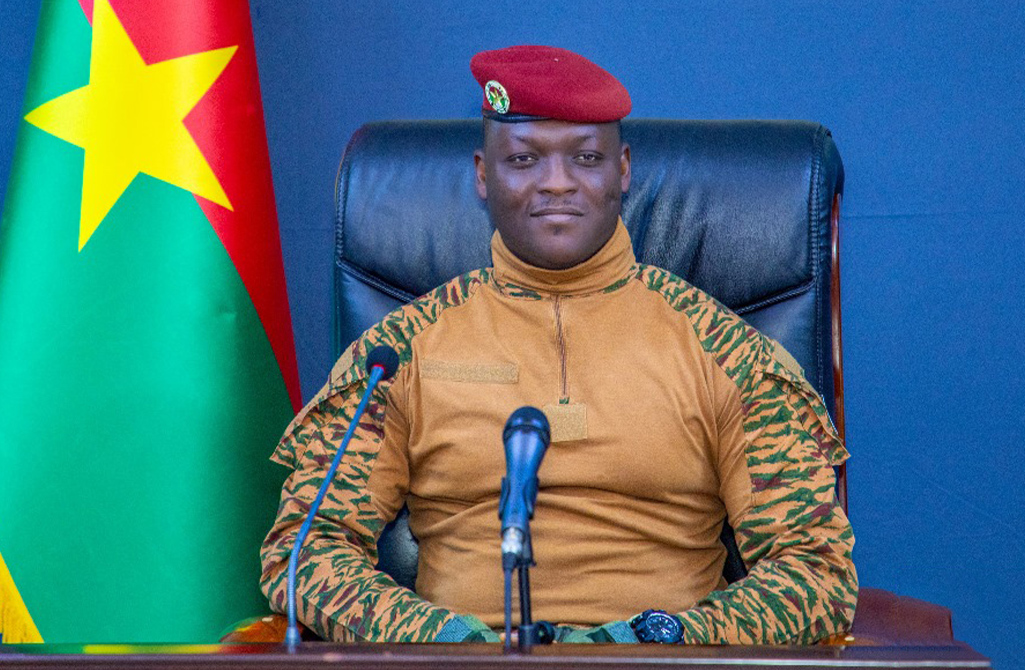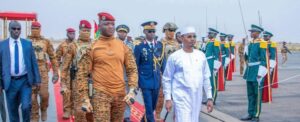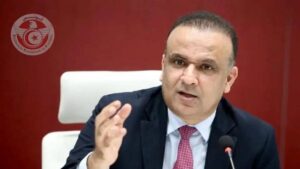Burkina Faso’s President Traoré cuts state expenses to boost key sectors

Since assuming office, President Ibrahim Traoré has embarked on a bold mission to curb excessive state spending in Burkina Faso. His strategy centers on redirecting resources from unnecessary expenses to critical areas like security, education, and healthcare.
Slimming down Government excesses
One of Traoré’s earliest actions was to scale back perks for high-ranking officials. Luxury vehicles for government use have been drastically reduced, and foreign travel is now restricted to only essential missions. This shift has sent a strong message about the importance of fiscal discipline.
Additionally, budget transparency has become a cornerstone of his administration. Previously unchecked expenditures have been scrutinized, with funds reallocated to impactful projects.
Renegotiating contracts with private service providers has led to significant cost savings and improved efficiency in resource management.
Leading by example
Traoré’s commitment to austerity extends to state institutions, including the Parliament. Budgets have been trimmed, and a focus on eliminating redundancies has ensured more streamlined operations. This practical approach emphasizes doing more with less, setting an example for public sector accountability.
Impact on citizens
The results of these reforms are tangible. Savings are being channeled into social infrastructure, bolstering defense capabilities, and initiatives aimed at food self-sufficiency.
For many Burkinabe, these changes signal a government prioritizing their needs over bureaucratic excess.
Through these measures, President Traoré is reshaping governance in Burkina Faso, proving that prudent management of state resources can drive meaningful progress and rebuild trust in leadership.
Maurice K.ZONGO






